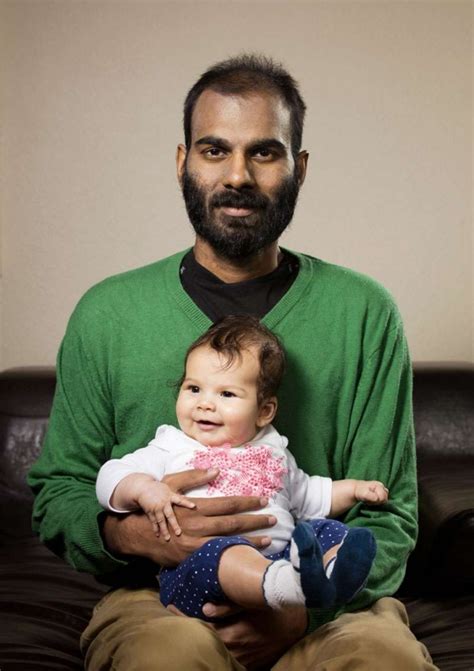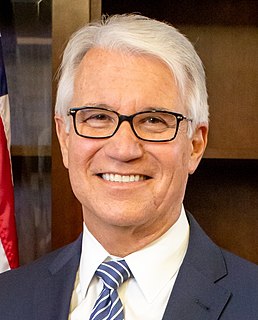A Quote by Albert Einstein
I have reached the conviction that the abolition of the death penalty is desirable. Reasons: 1) Irreparability in the event of an error of justice, 2) Detrimental moral influence of the execution procedure on those who, whether directly or indirectly, have to do with the procedure.
Related Quotes
It wasn't the intention to do something important, or to even relate about social issues. The ground is so fertile in the justice world, dealing with the death penalty and the Innocence Project, for characters that have a moral ambiguity, which we were both attracted to. It's the idea that everybody has their reasons. Whatever their actions are, whether you agree with them or not, you can understand why they're feeling that way, in terms of racism or even the death penalty.
I think we've misinterpreted some of the scriptures to justify the death penalty. So whereas a lot of folks in America feel like we can do far better justice? - ?it's more expensive to do the death penalty than the alternatives? - ?there's so many reasons that people come to the conclusion to abolish the death penalty.
If we decide rightly what to do, or use a correct procedure for making such decisions, that has to be because the decisions or the procedure rest on good reasons, and these reasons consist in the apprehension of truths about what we ought to do. Because these truths must constitute reasons for our decisions, and because in the rational order, reasons must always precede the decisions based on them, the truth conditions of claims about what we ought to cannot be reduced to, or constructed out of, decisions about what to do, or procedures for making such decisions.
There is a great difference, whether the poet seeks the particular for the sake of the general or sees the general in the particular. From the former procedure there ensues allegory, in which the particular serves only as illustration, as example of the general. The latter procedure, however, is genuinely the nature of poetry; it expresses something particular, without thinking of the general or pointing to it.
There is a growing recognition that the death penalty simply can't work. It's a complex system that arbitrarily selects defendants for death and creates more stress and appeals, even as it is plagued by serious error. Each new exoneration reminds us of the unacceptable possibility of wrongful execution.
Given my experience, I believe there are three compelling reasons why the death penalty should be replaced. (1) The criminal justice system makes mistakes and the possibility of executing innocent people is both inherently wrong and morally reprehensible; (2) My personal experience and crime data show the death penalty does not reduce crime; and (3) The death penalty wastes precious resources that could be best used to fight crime and solve thousands of unsolved homicides languishing in filing cabinets in understaffed police departments across the state.
The death penalty issue is obviously a divisive one. But whether one is for or against, you can not deny the basic illogic - if we know the system is flawed, if we know there are innocent people on Death Row, then until the system is reformed, should we not abandon the death penalty to protect those who are innocent?
When I used to teach civil procedure as a law professor, I would begin the year by telling my students that “civil procedure is the etiquette of ritualized battle.” The phrase, which did not originate with me, captured the point that peaceful, developed societies resolve disputes by law rather than by force.




































